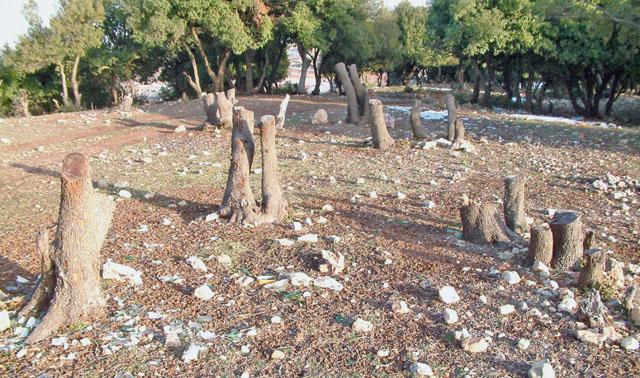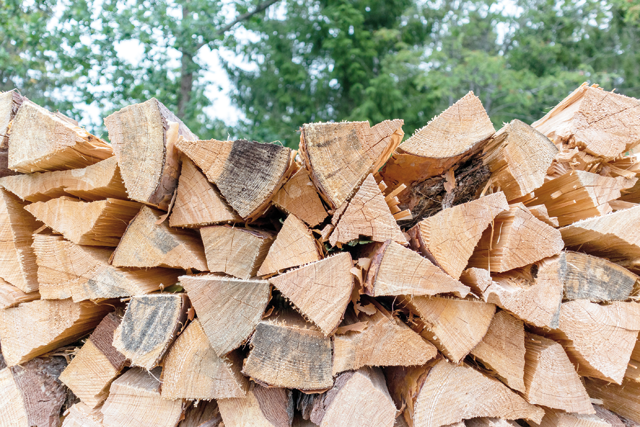You are here
Tax-free wood imports will reduce illegal logging — Agriculture Ministry
By Ahmed Bani Mustafa - Jun 06,2017 - Last updated at Jun 06,2017

Work is under way to exempt imported wood from customs duties, in a bid to reduce deforestation, according to the Agriculture Ministry (Photo by Ahmed Bani Mustafa)
AMMAN — Work is under way to exempt imported wood from customs duties, in a bid to reduce deforestation, an official said.
Stakeholders will be able to import wood, timber and coal at cost price, which should prevent illegal logging by providing much better quality wood, at much lower prices, Agriculture Ministry Spokesperson Nimer Haddadin told The Jordan Times on Tuesday.
Royal Society for the Conservation of Nature (RSCN) General Director Yahya Khaled told The Jordan Times that the society “highly commends” the decision due to its expected role in preserving the Kingdom’s forestland.
He said that the decision will make illegal logging a “useless” endeavour, as prices would be much lower, with a better quality of local wood.
Khaled also stressed the importance of testing and sterilising imported wood before allowing it into the Kingdom.
Yousef Zreiqat, the former director of Dibeen Forest, praised the measure, stressing the direct impact it will have on protecting Jordan’s natural heritage.
Zreiqat said that forests in the Kingdom are facing various challenges, including illegal logging, the dieback of trees and fluctuating rainfall rates.
He called for excluding Jordan’s national tree, the quercus aegilops, from the law allowing changing the use of land if it has less than 15 per cent of forestry trees.
Forests in Jordan make up less than 1 per cent of the country’s total area (89,342 square kilometres), placing the Kingdom among the poorest countries in the world in terms of forest cover. The internationally accepted average of land covered by forests is 15 per cent of the total area.
Forestland amounts to 1.5 million dunums, of which 250,000 dunums are bare, 400,000 dunums are natural forests, 500,000 dunums are planted forests and 350,000 dunums are nature reserves, according to official figures.
However, nobody has applied for a licence to import wood for heating purposes so far, Haddadin said, adding that there are plans to establish cooperative societies that would encourage import.
The number of violations against forests considerably dropped in 2016 and 2017 in comparison to previous years, according to the spokesperson, who outlined the ministry’s measures to curb the problem.
The ministry has increased the number of forest rangers and surveillance cameras, opened more dirt roads inside the forests to facilitate access for firefighters and constructed underground cisterns in many forest areas, according to Haddadin.
Also, as part of enhancing the use of technology in the fight against illegal logging, the ministry said it will use drones to help monitor forests.
The ministry has also increased cooperation with the security agencies, the Environment Ministry and the RSCN, the official said.
The Agriculture Law No. 13 for the year 2015 and its amendments stiffened penalties against illegal loggers, which also contributed to reducing the numbers of violations, the official added.
Related Articles
AMMAN — Forestry land in Jordan amounts to 1.6 million dunums, including both natural and planted forests, the Jordan News Agency, Petra, re
The Agriculture Ministry has doubled the number of its forest patrols to prevent illegal logging, which increases with the onset of winter, a government official said on Sunday.
AMMAN — Stiffer penalties for illegal logging and better coordination between authorities are critical to strengthen protections for forest













